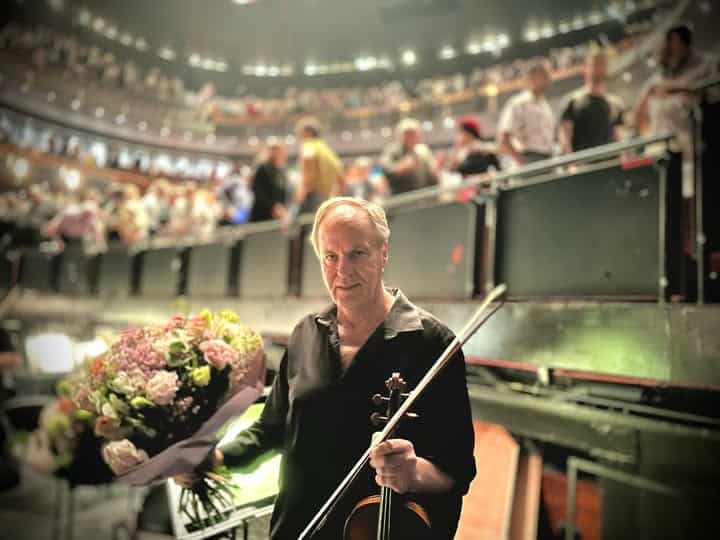UK Judge: Musicians have a right to 5 hours home practice
NewsAnnette Carrabino, who six years ago won a case against the Royal Borough of Kensington and Chelsea, over her children’s piano playing reminds us today of the central points of that judgement.
District Judge Elizabeth Roscoe ruled at Westminster magistrates’ court that ‘Play is absolutely an entitlement unless its extent makes it a nuisance.’ She set a limit of five hours playing per day on Mondays to Saturdays between 9am and 9pm, with three hours on Sundays ending by 5pm, and up to 1030 pm on certain exceptional occasions.
This appears to be a precendetial judgement for all musicians, professional and amateur, who need to practise at home.
Someone ought to tell the over-zealous Lewisham Council that RBKC were made to pay all costs of the case as punishment for bringing a pointless prosecution.






Comments